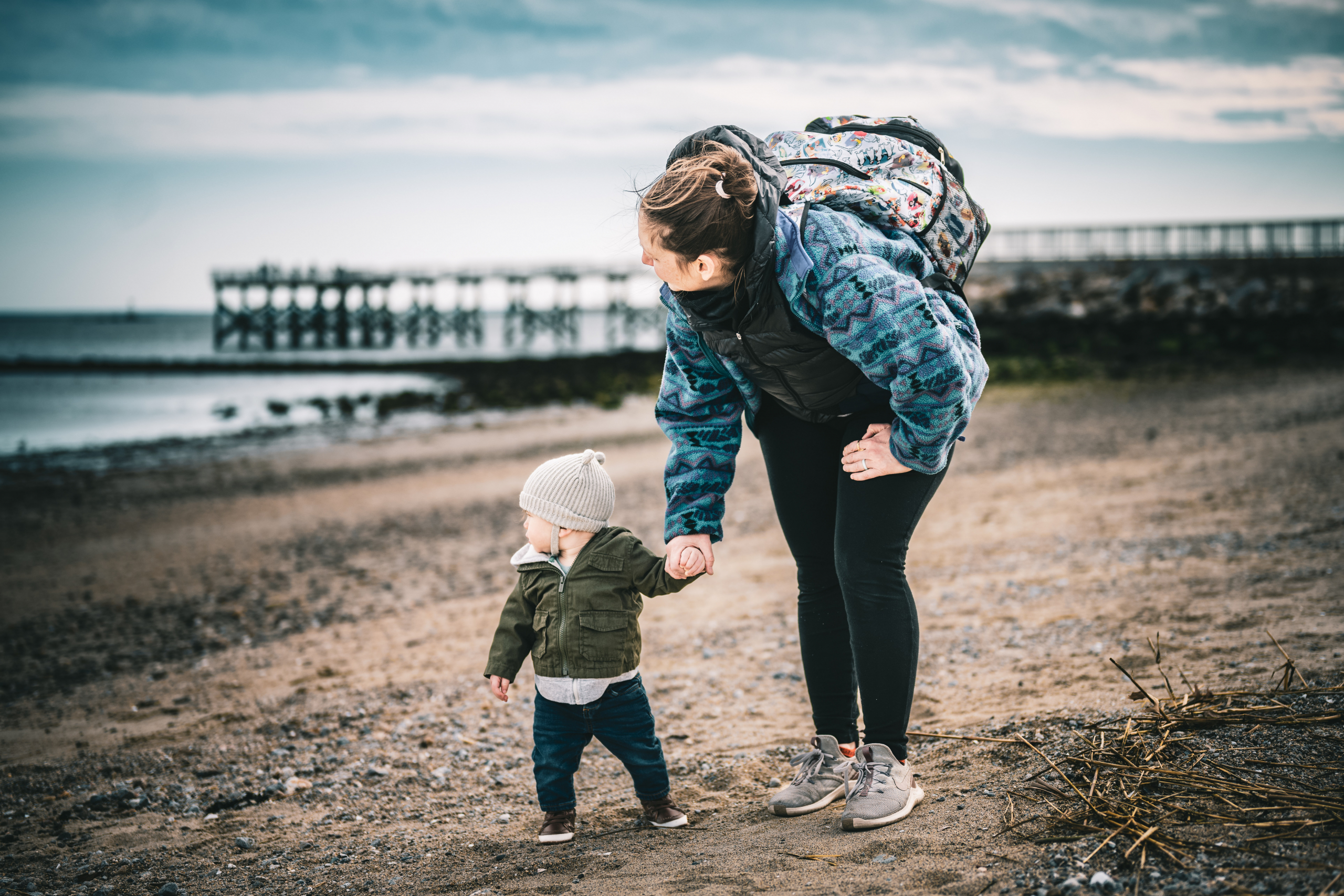Top Three Resources for Adoptive Parents: Adoption Resources
So you’ve decided to jump into the world of adoption.
Maybe you’re still wading through your paperwork pregnancy. Perhaps you’re waiting on a match. Or maybe you’ve already brought your new child home.
You’re probably dreaming of what life will be like with your new addition. If you’re anything like me, you may have one or two biological kids and think you’ve got this parenting thing down. Your kids may be (generally) well behaved, sleeping through the night, and hitting their milestones on time. How hard can it be?
You need to know that parenting children from adoption is different from parenting biological children. Adoption always involves trauma. Please read that again and let it sink in. Adoption always involves trauma.
Why is there trauma? Because even in the very best case, where a healthy birth mother has a stress-free pregnancy and makes an adoption plan that includes her child meeting adoptive parents at birth, there is separation. The baby knows a mother’s unique voice and heartbeat. It is a jarring transition when that baby is removed from that familiar environment.
If you’re adopting from foster care, there may be some combination of abuse, neglect, exposure to domestic violence, and drug and alcohol exposure in the child’s history. Infants aren’t immune from the trauma either. One of our daughters came to us at six months old and already had been exposed prenatally to drugs and alcohol and had experienced periods of neglect. This is all trauma.
If you are adopting internationally, the child may have experienced periods of neglect, parental loss, and possibly stressful medical care. These experiences cause permanent changes in the brain leading to verbal/auditory processing issues, sensory problems, executive function challenges, and even learning disabilities later in childhood.
This means that we need to parent differently than conventional parenting books suggest. For example, we may use time-outs as a tool for changing the behavior of a neurotypical child. A toddler hits a sibling, and so we put that child in the time-out chair for a few minutes. For a child with trauma, this may trigger feelings of abandonment, compound the problem, and cause even more behavior challenges. We need to parent with brain science in mind. Here are the best resources I have found for this job.
Resources
1. The Connected Child by Karyn Purvis, Ph.D. and David Cross Ph.D.
This book is invaluable to any adoptive parent, even if you’ve had your child home for years. The basis is Trust-Based Relational Intervention (TBRI), a way of relating to children based on meeting their physical and attachment needs and learning ways to calm fear-based behaviors.
The authors cover the brain science behind our children’s behaviors and offer practical advice for handling it. As the title suggests, it places a significant emphasis on connection—believing that a child wants to do well and will do their best when they feel safe and securely attached to their parent.
It covers concepts like felt safety, the IDEAL response, and re-dos. It has suggestions for supporting the child’s sensory needs to (support) cooperative behavior. It emphasizes mutual respect: speaking to your child with respect and teaching them how to communicate with others with respect.
2. The Connected Parent by Karyn Purvis, Ph.D. and Lisa Qualls
This book is similar to The Connected Child in that it uses the same TBRI principles, but the emphasis is on walking the techniques out on a day-to-day basis. It is co-authored by Lisa Qualls, a foster parent and mom to twelve children by birth and adoption. She has lived these principles out with her children for the past 15 years, so she understands how hard it can be. One of the best aspects of this book is the idea of using scripts with our kids, which are short phrases aimed at redirecting children to better behavior. They really work every time we use them.
What struck me most about this resource is that the authors don’t just give advice for the kids but also offer grace for the parent. They remind us that this journey of parenting adopted children is a marathon, not a sprint. If we are to parent well, we need to keep our needs in mind and even seek professional help if we need it.
3. What Happened to You? by Bruce D. Perry, M.D., Ph.D., and Oprah Winfrey
The longer I parent, the more I realize how my upbringing affects my parenting instincts and decisions. Sometimes we don’t realize how our adverse experiences unconsciously inform how we parent. This book dives deep into the brain science behind behavior and offers wisdom for dealing with our own and our children’s issues.
I listened to the audiobook version and enjoyed the back-and-forth conversation between Perry and Winfrey. But I also got the hardcover version to take notes and mark it up. It is so full of valuable information!







